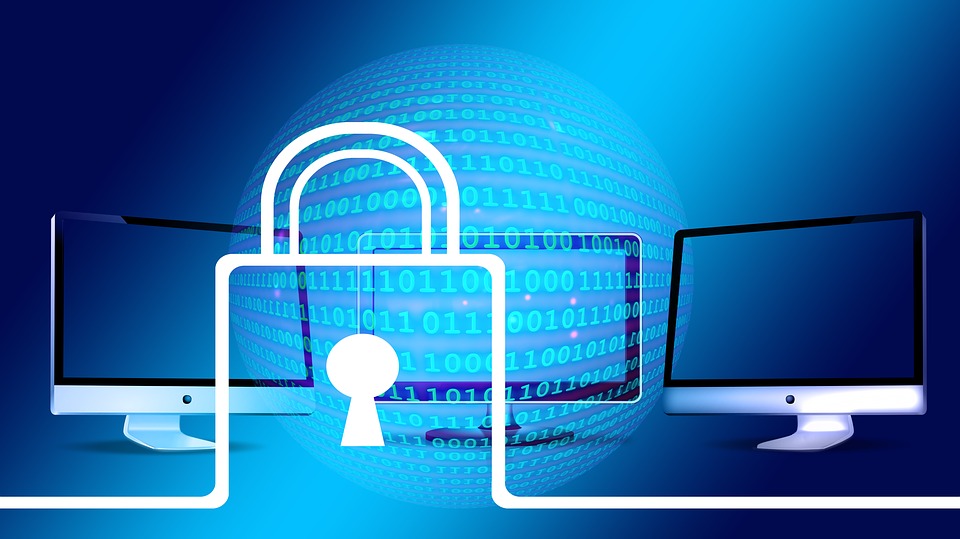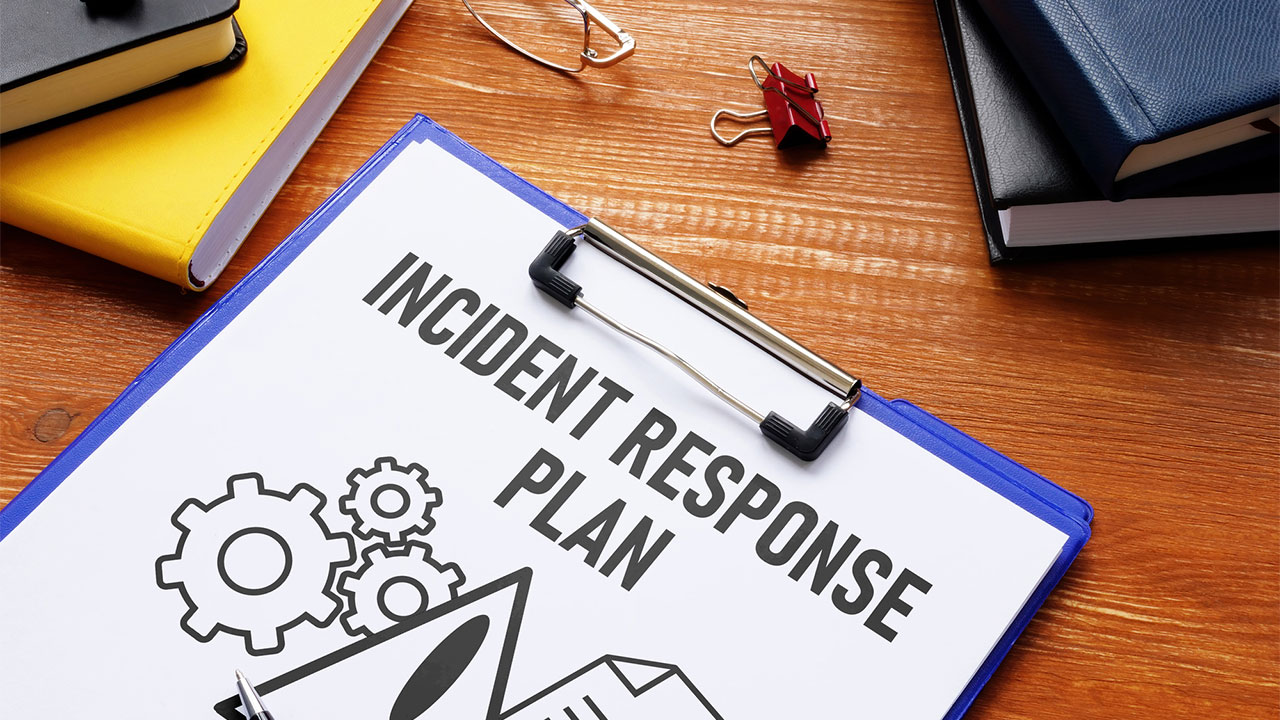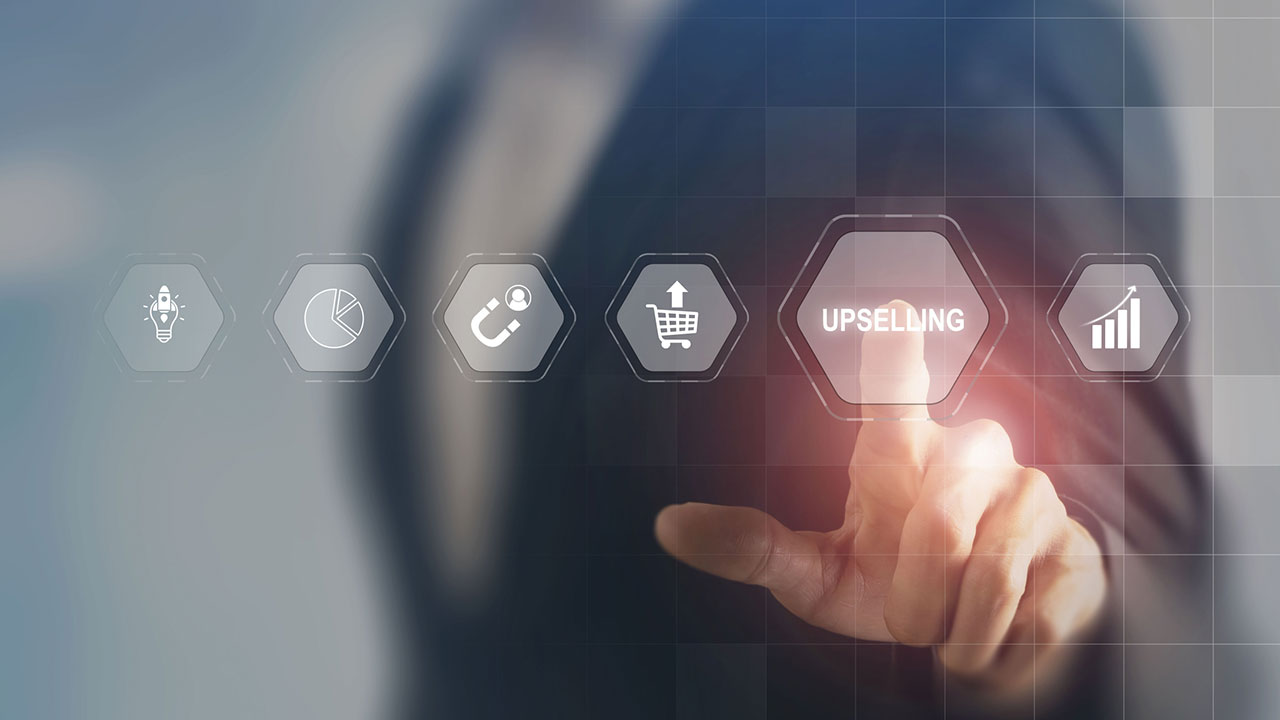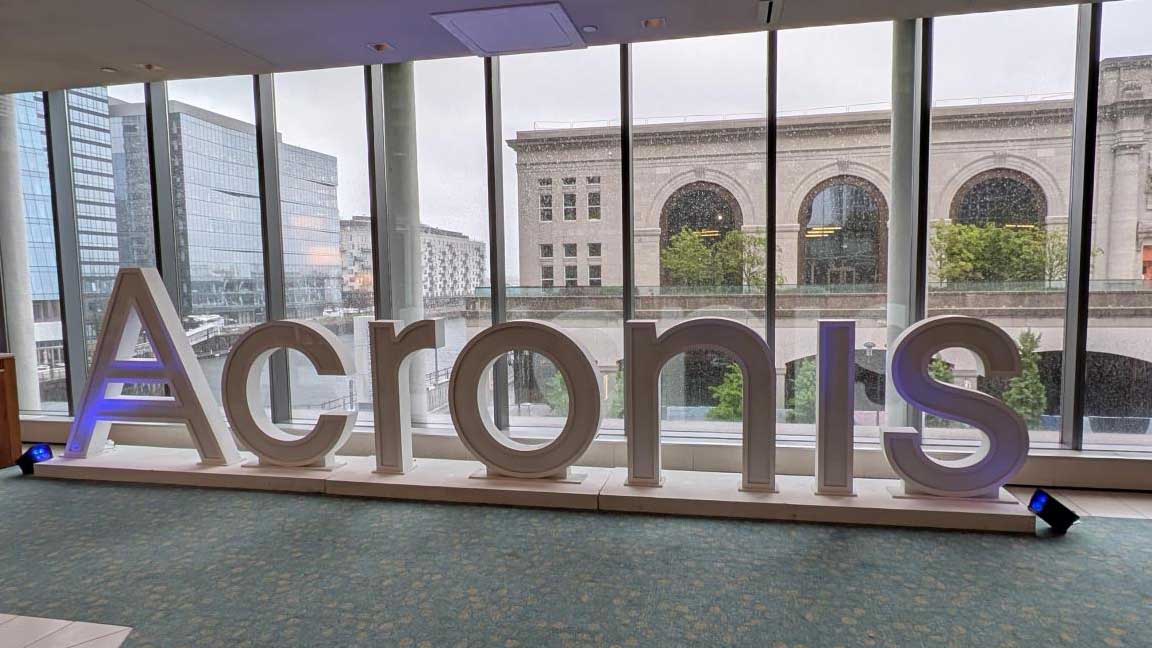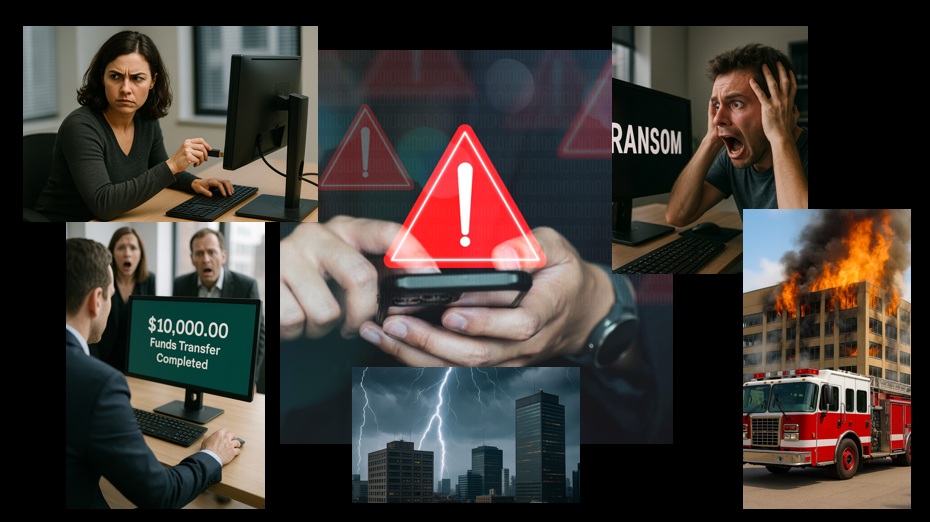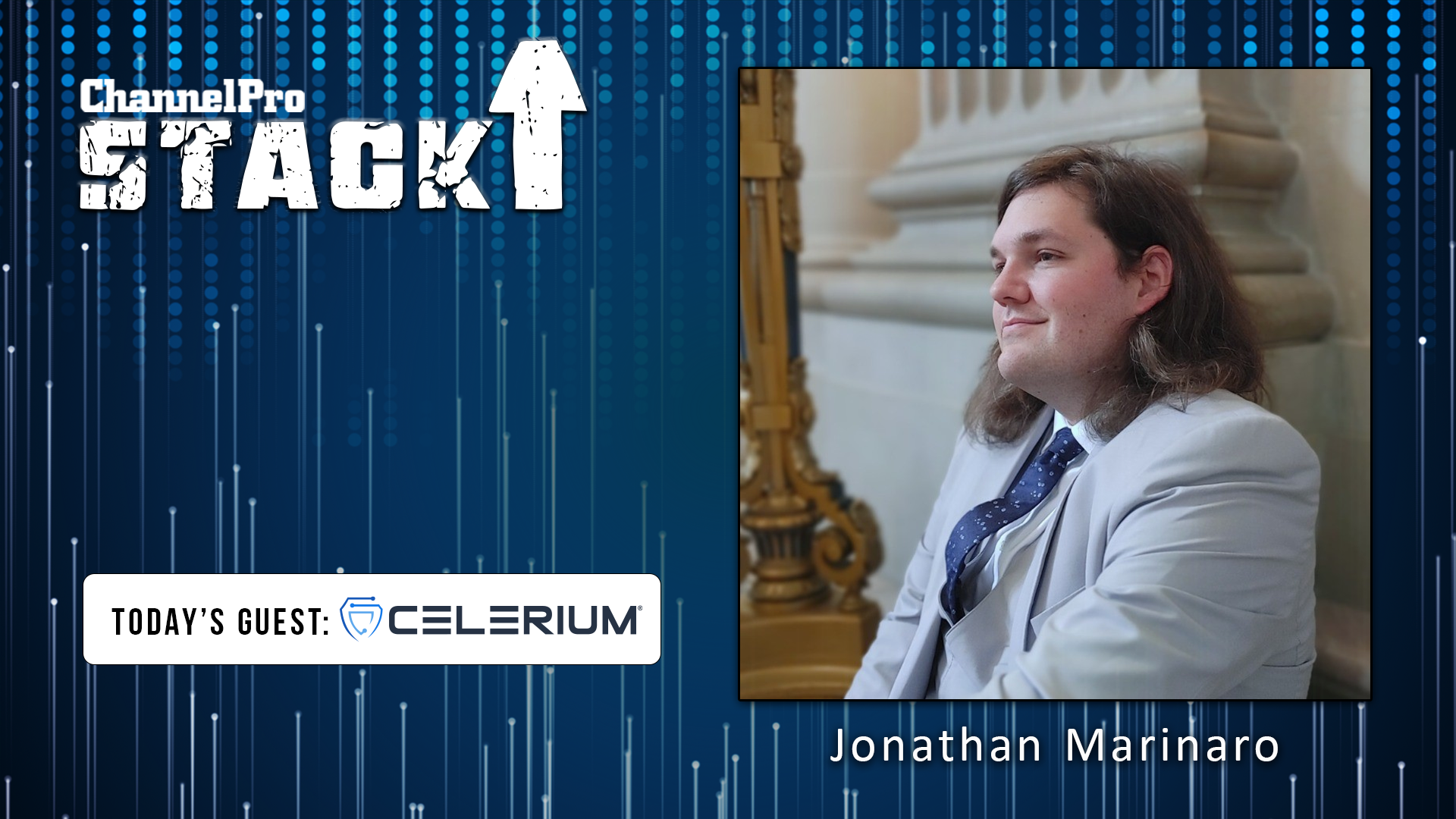The†National Health Information Sharing and Analysis Center†(NH-ISAC), the†Global Cybersecurity Alliance†(GCA), and†Agari, a leading cybersecurity company, announced the publication of a security research report that reveals the healthcare industry is at the highest risk of fraudulent email, with 57 percent of email “from” the healthcare industry being fraudulent or unauthenticated. In an effort to reduce this fraud, NH-ISAC is urging its members pledge to implement DMARC in 2018, and GCA has issued a “90 Days to DMARC” challenge.
The report, “Agari Industry DMARC Adoption Report for Healthcare,” reveals that 98 percent of top healthcare providers have not implemented enforcement policies for DMARC (Domain-based Message Authentication, Reporting & Conformance), an email authentication standard, which virtually eliminates phishing emails that impersonate domains.
“The implementation of DMARC for Aetna improved the consumer experience by eliminating unwanted and fraudulent email which reduced the risk of phishing, resulting in more email engagement and healthier lives for members,” said Jim Routh, CSO, Aetna.
On October 16, 2017, the US Department of Homeland Security (DHS) issued†Binding Operational Directive 18-01, which mandated federal agencies to adopt DMARC within 90 days. NH-ISAC responded that same week, asking its members to pledge to adopt DMARC; a call that it repeats this week at the NH-ISAC Fall Summit. To date, more than 57 percent of NH-ISAC members have pledged to implement DMARC or to research DMARC for implementation.
Additionally, GCA has issued its “90 Days to DMARC” challenge, which begins December 1. Each month, the challenge offers new webinars, guides and additional resources for organizations to plan, implement, analyze and adjust DMARC.
“Agari Industry DMARC Adoption Report for Healthcare” Overview
Agari analyzed the DMARC policies of more than 500 domains in the healthcare and pharmaceutical sectors, using the†Agari DMARC Lookup Tool. Additionally, Agari analyzed more than 800 million emails and more than 1,900 domains from its Email Trust Network. Key findings include:
- Healthcare Adoption of DMARC is in Critical Condition†– More than 77 percent of the healthcare industry has not deployed DMARC to protect its email. Only two percent are protecting their patients from phishing and spoofing by using quarantine or reject policies on their domains. The remaining 21 percent have deployed DMARC to monitor unauthenticated emails, but are not blocking phishing emails. Adoption was slightly better with NH-ISAC members, but 70 percent of NH-ISAC members have not deployed DMARC.
- The Healthcare Industry is at Highest Risk of Being Targeted by Fraudulent Email†– During the past six months, 92 percent of healthcare domains have been targeted by fraudulent email and 57 percent of emails sent claiming to be from the healthcare industry are fraudulent or unauthenticated.
- DMARC Eliminates Millions of Phishing Emails Overnight†– DMARC emerged in 2007 from a pilot program between PayPal and Yahoo! to eliminate phishing emails. As a founding member of DMARC, Agari has worked with the largest email providers (AOL, Comcast, Google, Microsoft, and Yahoo!) to protect the receipt of email since January 2012. Agari has protected more than 12 trillion emails and blocked more than 350 billion phishing emails.





